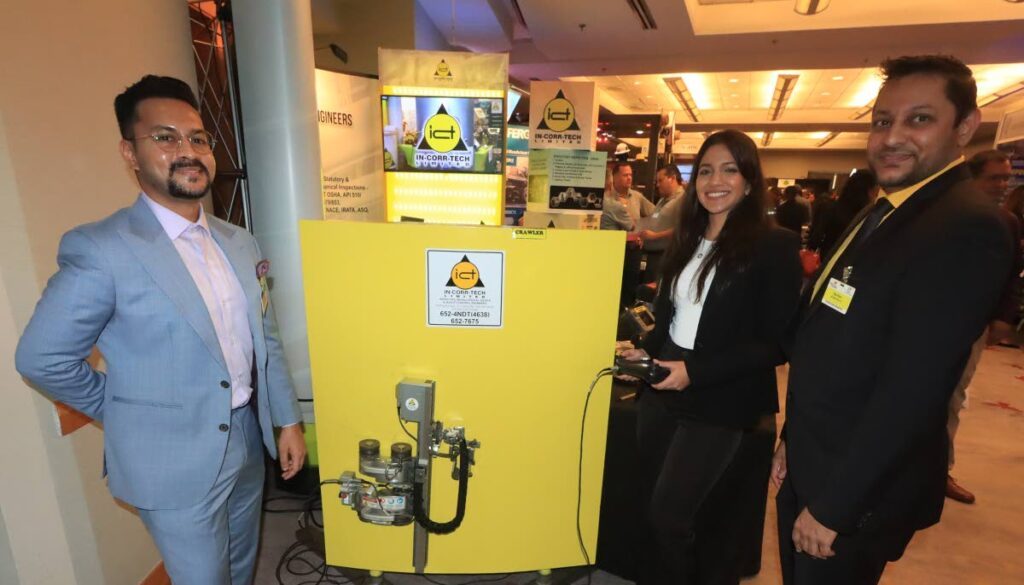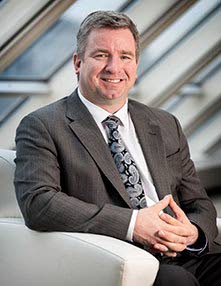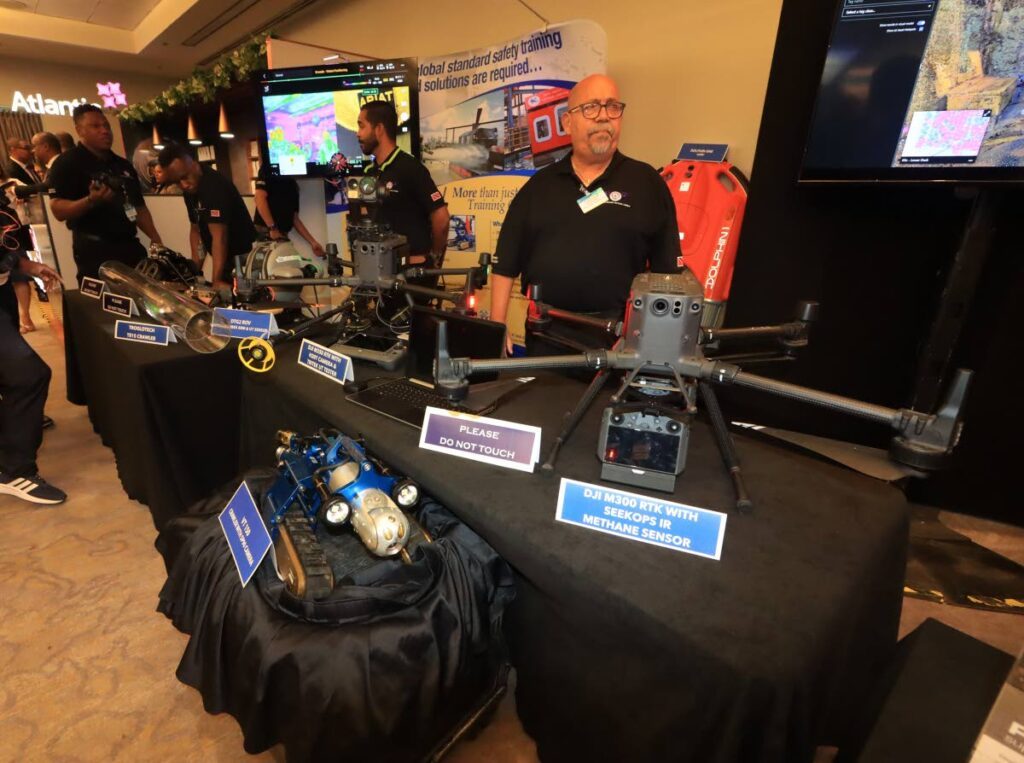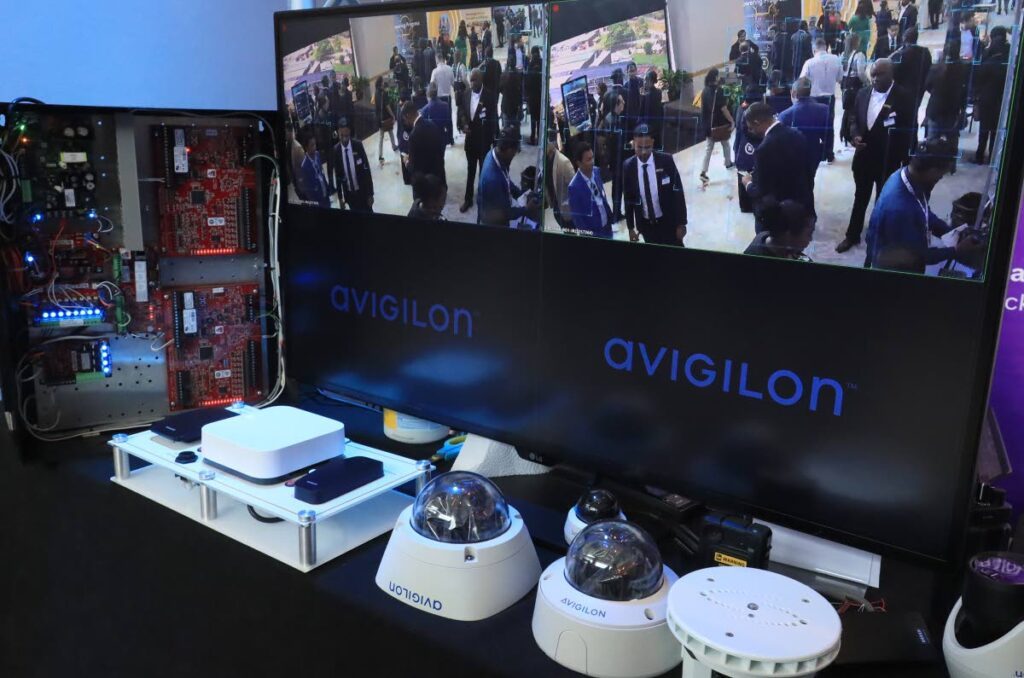Heritage CEO: ‘Innovation will see Trinidad and Tobago continue to lead'

TT’s prospects in the increasingly dynamic oil, gas and wider energy sectors are not under threat. In fact, this country can lead in the pivotal field of CCUS (carbon capture, utilisation and storage).
Students and young engineers were told this at a workshop and panel discussion at the 2024 Energy Conference hosted by the Energy Chamber, last week Wednesday.
James Shipka, chief operations officer at Touchstone Exploration, painted TT as an energy industry leader for the past hundred years and one with significant potential, thanks to its foundation and rich human resource capacity.

“Whether it's supplying pitch, oil, natural gas, and LNG,” Shipka said, “we've always been there to provide these services, to provide the technology and the people and the expertise to do it.
“You're the next step in that journey. (We’ve) led in onshore development, shallow-water development, deepwater development, and we'll continue to do that. And although we talk a lot about the products and the services we offer, the biggest thing that we’re going to export in the world in the future is you.”
Shipka said the contributions of engineers and geoscientists are often overlooked and undervalued because “we often talk about, today, the energy transition as though it's moving away from where we are.”
He said, however, energy transition doesn’t mean neglecting existing industries and areas of expertise.
“It's not moving away from your education, your experience, or your abilities; it's including them.”
Erik Keskula, CEO at Heritage Petroleum, said it was an exciting time to be in the industry.

“The energy sector always has and always will be very dynamic,” he said. “And while that volatility in prices that we often talk about creates some uncertainty, it also creates tremendous opportunities for you.”
Such volatility encourages innovation one can use for a competitive advantage, Keskula said, noting that companies are increasingly required to embrace fast-paced innovation and data science heading into the next five years.
Additionally, the advances in robotic process automation, machine learning, artificial intelligence and how these mechanisms have swiftly matured, he said, “are a lesson in how fast and how much our work can change in just a very, very short time.”
Keshuka said diversification in the industry will see the creation of opportunities beyond oil and gas projects.
Keskula said TT can be a leader in CCUS, something he is personally invested in as a member of a national steering committee.
“There will be projects that will be renewables, biofuels, and we'll all be adjusting our businesses as we drive towards net zero.

“The traditional roles in oil and gas will still be needed, though. We need to find ways to get more oil and gas out of existing reservoirs and continue to find new resources.”
The ability to collaborate and a willingness to learn, he said, are fundamental qualities for those pursuing a career in energy.
“We spend so much of our time trying to personally achieve…and I think that's an important part of life, to strive to do our best; always try to improve and learn. But we must excel in a team environment in oil and gas.

“The energy industry is highly integrated, and there are many interdependencies. So those who do the best today don't just worry about their own performance and raise their own performance: they raise the performance of everyone around them by working together on a common goal.”
Keskula said despite negative headlines and criticisms of the oil and gas sector, “I believe it's a great place to be. It's been a great career for me, and especially now – the opportunities are endless.”

Comments
"Heritage CEO: ‘Innovation will see Trinidad and Tobago continue to lead’"